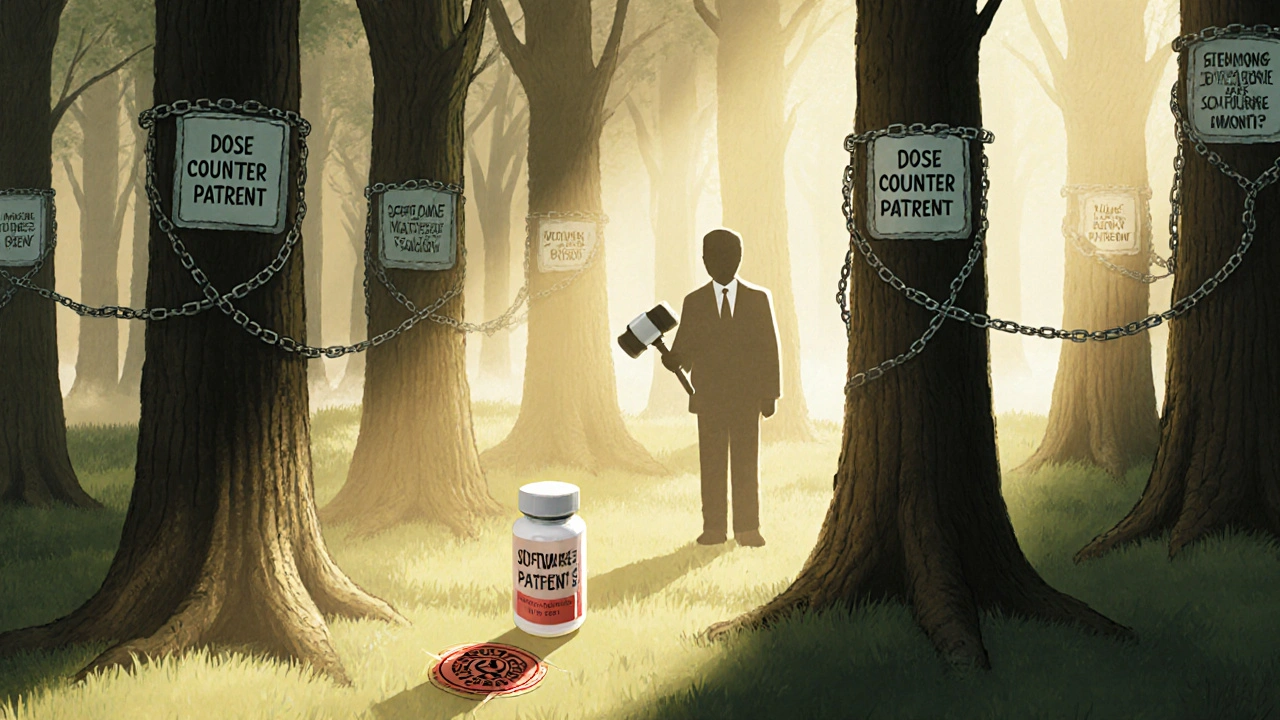Pay-for-Delay Settlements: How Big Pharma Delays Cheap Drugs
When a pay-for-delay settlement, a deal where a brand-name drug maker pays a generic company to delay launching a cheaper version. Also known as reverse payment settlements, it’s a legal loophole that keeps drug prices high even after patents expire. This isn’t about innovation—it’s about control. While the brand-name company claims it’s protecting intellectual property, the real goal is to keep generic versions off shelves for years longer than they should be.
These deals happen because generic drug makers know they can win in court. Once a patent is challenged and found weak or invalid, the generic version can legally enter the market. But instead of fighting, some brand-name companies offer cash—sometimes hundreds of millions—to the generic maker to just walk away. The generic company gets paid, the brand company keeps its monopoly, and patients pay more. This isn’t rare. The FTC has tracked over 100 of these deals since 2002, mostly in heart meds, antidepressants, and asthma drugs.
generic drugs, lower-cost versions of brand-name medications that contain the same active ingredients. Also known as bioequivalent drugs, they’re proven to work just as well. The FDA approves them fast, often within months. But pay-for-delay pushes those approvals back by years. That means someone paying $200 for a brand-name pill might still be stuck with that price, even though a $20 generic version could be on shelves. And it’s not just about money. Delaying generics means more people skip doses, use cheaper alternatives that don’t work, or go without treatment entirely.
pharmaceutical patents, legal protections that give drug makers exclusive rights to sell a medicine for a set time. Also known as drug exclusivity, they’re meant to reward innovation. But in pay-for-delay cases, companies often file dozens of weak patents—on packaging, dosing schedules, or inactive ingredients—to stretch protection. Courts have called this "patent thickets." It’s not about defending real innovation. It’s about buying time.
And the system is rigged. The Supreme Court ruled in 2013 that these deals can violate antitrust law, but didn’t ban them outright. Since then, enforcement has been patchy. Some states sue. The FTC pushes back. But the deals keep happening. Meanwhile, the antitrust law, rules designed to prevent companies from blocking fair competition. Also known as competition law, they’re meant to protect consumers. sits on the sidelines too often. When a company pays another to stay out of the market, it’s not competition—it’s collusion.
What you’ll find in the posts below aren’t abstract legal theories. These are real stories: how a single pay-for-delay deal kept a diabetes drug $300 a month when a $15 generic could’ve replaced it. How a heart medication’s delay led to more hospital visits. How patients and doctors are fighting back. You’ll see how these deals connect to generic drug approval, patent strategies, and why your prescription costs what it does. This isn’t just about big pharma. It’s about your wallet, your health, and who gets to decide what’s affordable.
Patent litigation in generic drug markets delays affordable medicines, costing billions annually. Learn how the Hatch-Waxman Act, Orange Book listings, and pay-for-delay settlements shape access to generics.

